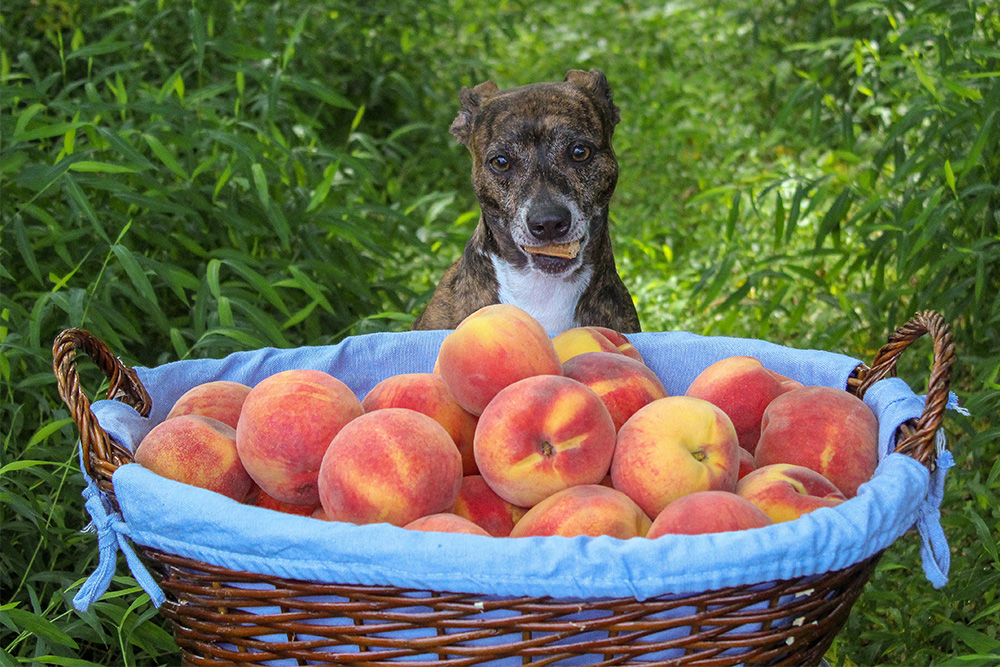Can Dogs Eat Onions?
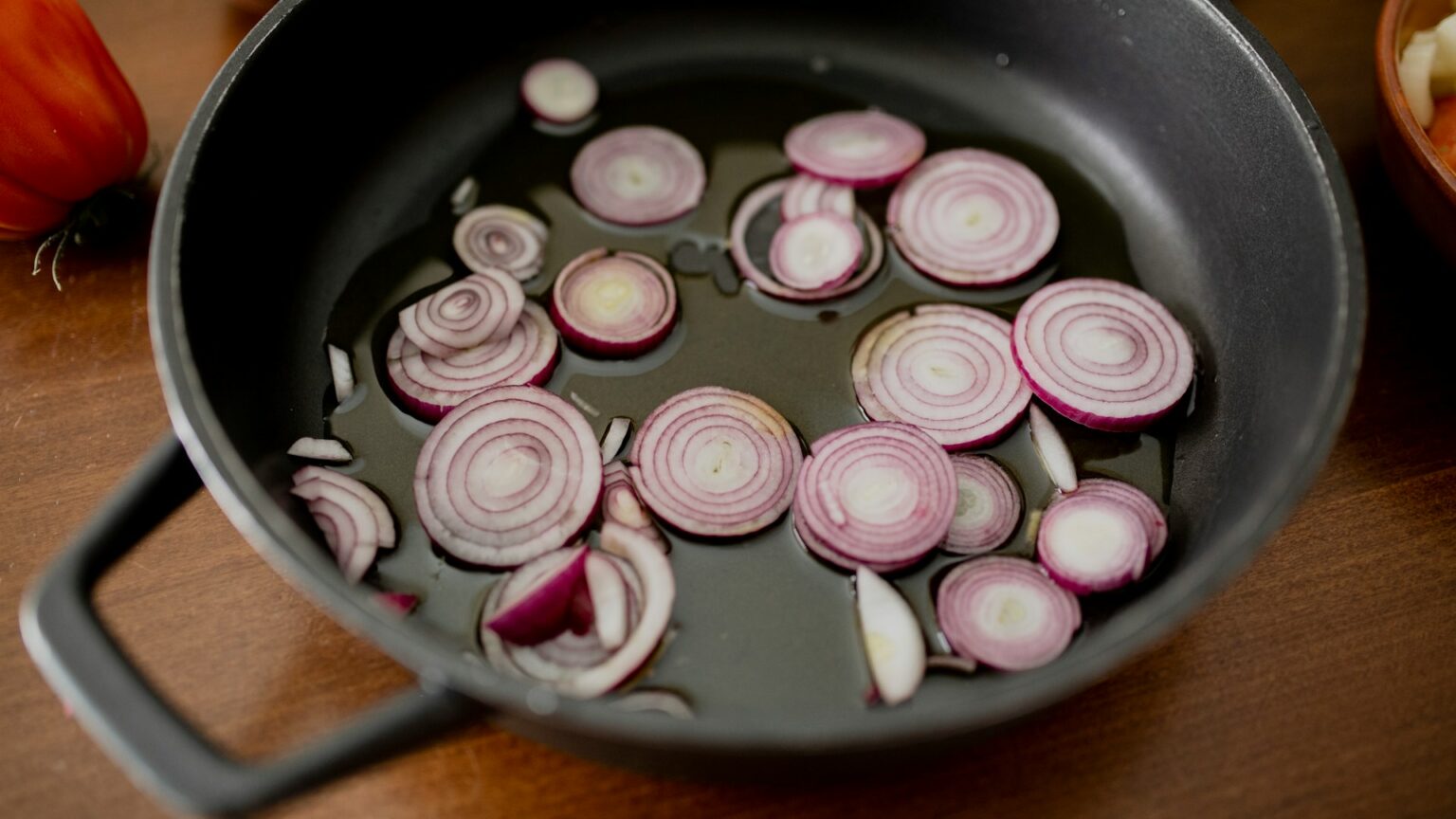
Some plant-based products contribute important nutrients and can help meet a dog’s nutritional needs. However, some plants, even popular vegetables, could be detrimental to canines, so owners should be extra careful. Certain plants have chemical compounds that are safe for humans but very toxic for pets. That is why dog owners should be aware of the harmful plants and vegetables that will endanger their dogs. Today, we’re going to be looking at onions. Is this delicious, round vegetable a safe product for our furry friends?
Are Onions Safe For Dogs?
Dogs are very curious animals; they always follow us and take an interest in what we are doing, especially when we are eating. The moment the owner gets distracted, the pet may sneak up and try to swipe a snack. Sadly, dogs do not understand that the tasty, treat-looking things can be hazardous to them. As such, it is up to the owners to ensure that their canine companions eat. You need to know which component on your plate can be harmful to your dog. Is it onion?
Can dogs eat onions? No, because onions are toxic to pets! You have to be aware of this. Onions are another food that contains harmful ingredients for dogs. Raw and cooked onions can both be dangerous. So, in no circumstances will you ensure that your pet will not eat this vegetable. Every other part of the plant contains toxic chemicals, and if you are planting onions in your garden, also make sure your dog does not chew on the leaves.
Why Can’t Dogs Eat Onions?
Onion has many health-related effects on humans, among which are some important anticoagulant effects of various compounds in onions, which lead to blood thinning. However, these biological responses do not result in beneficial health outcomes for dogs. Human and dog anatomy and physiology are vastly different, right down to such things as the structure of species-specific hemoglobin.
The chemical compounds in onions can affect pets differently and may damage the red blood cells, causing dogs to suffer from hemolytic anemia. It is rare to observe Heinz bodies in the erythrocytes of a given animal, as is present in this condition. So, when a veterinarian finds it in a dog, it is most likely caused by onion ingestion.
Onion toxicity is well described and has been verified by multiple scientific findings over the years. So, there should be no question about whether dogs should not eat onions. This goes for all onion varieties, such as red and white onions. Treating the vegetable with heat does not get rid of the toxins. Aliphatic sulfides and oxides are the toxic components inside the onions that target your dog’s red blood cells.
Symptoms of Onion Poisoning in Dogs
Onion is toxic for pets, even in small quantities. Consuming 15 to 30 g/kg of onion has been associated with hematological changes of clinical significance in dogs. When onion poisoning starts, keepers may spot their pets showing indications of gastroenteritis. Dogs experience various ailments, including stomach pain. It is common for diarrhea and vomiting to develop, with the risk of dehydration as a result.
The first signs of red blood cell loss in your dog may occur a few days after consuming the onions. Symptoms to watch for are pale mucous membranes, respiratory distress, malaise, and dark urine. If that is the case, then you must take your dog to the vet. The vet will also identify Heinz’s anemia through a hematological examination and offer treatment.
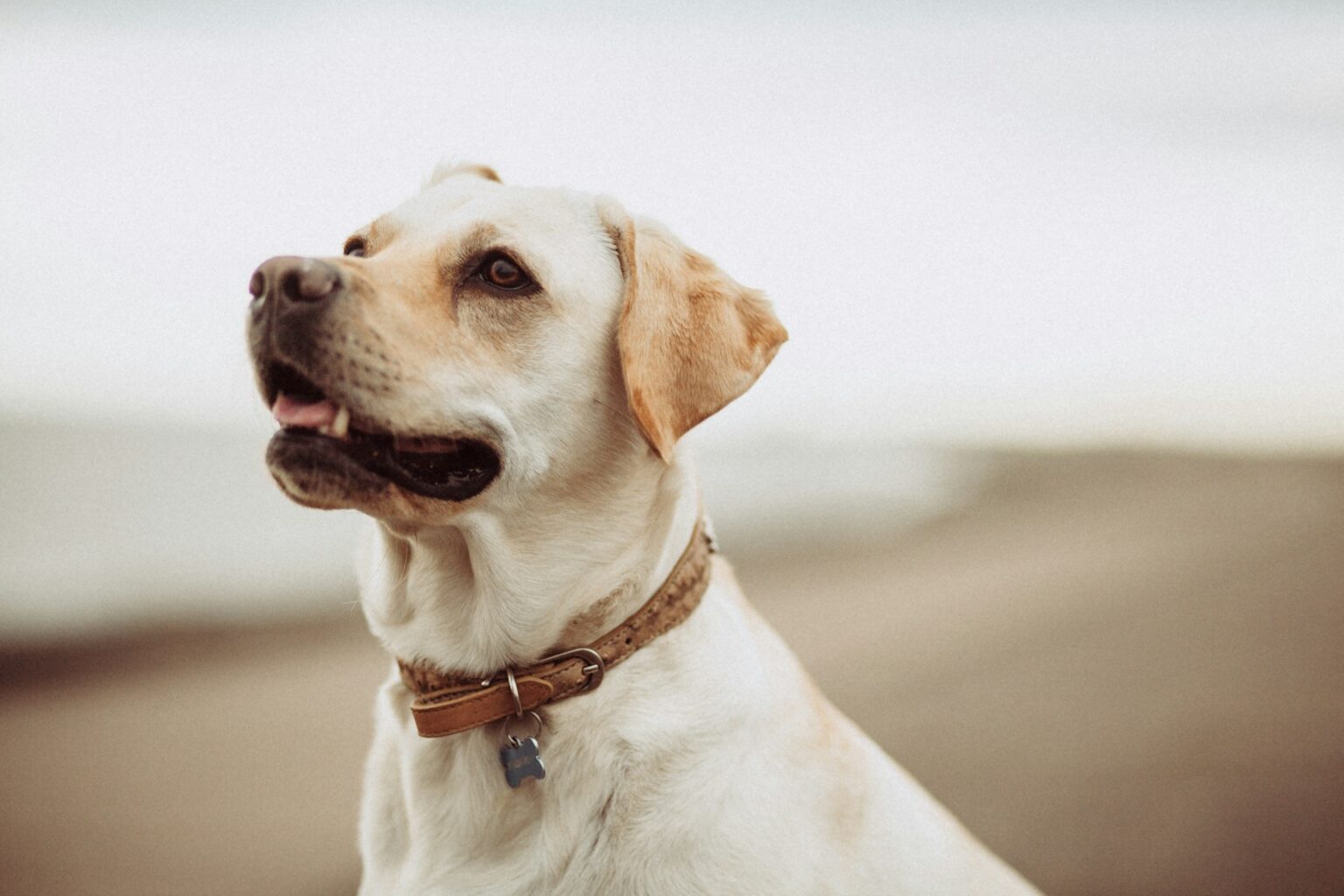
Summary
Dogs can’t eat onions. The vegetables have poisonous elements that can make pets very ill. All onions are harmful to dogs, including raw and cooked onions, leftover onions from the table, and food products that contain onions as an additive. Toxicity is also present in onion leaves and peels. So, as dog owners, it is important to ensure this plant is not accessible to our dogs.
Source
- Natália Kovalkovičová, Irena Šutiaková, Juraj Pistl, Václav Šutiak (2009). Some food toxic for pets.
https://pmc.ncbi.nlm.nih.gov/articles/PMC2984110/#S0016
